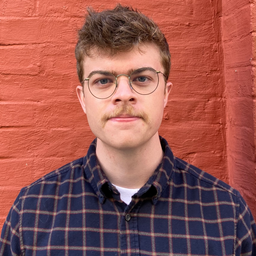Queering Canada’s Built Environment
My Session Status
Queerness and lesbian, gay, bisexual, transgender, and queer histories are a part of architectural and historical production. Yet, these perspectives do not enjoy the same prominence as heterocentric narratives. This session aims to interrogate all aspects of gender and sexual identity related to the Canadian built environment. It seeks to scrutinize the successes and failures of architecture, architectural history, and heritage in accommodating queer and trans bodies as well as their voices. This includes studying queer Canadian spaces, the use of queer theory to analyze the built environment, and exploring how queer people and places have been excluded from the architectural canon. We invite research based in case studies, research-creation, and interdisciplinary collaborations. Presentations that approach identity and representation intersectionally are encouraged.
Sub Sessions
What role has the department store played in shaping Canadian identity, and how has its built environment been reappropriated by queer folk to queer ends? From its overtly colonial origins of 1670 to its merger with American corporations in 2006, the Hudson’s Bay Company (HBC) has always been a space for buying and selling goods, but what about other exchanges of goods that happen behind the thin walls of bathrooms in HBC department stores? To date, scholarship has focused primarily on the...
The bar is only a ghost to us now, but it was once printed in the ads of cruising spots as the “Love Discotheque.” Previously located at 1418 Rue Guy in Montreal, Quebec, a building that was demolished and whose land now houses Concordia University’s John Molson Building, the Love discotheque, or also known to locals as the “Love,” is etched in faded blank ink into the pages of the Body Politic magazine from 1973. To partygoers, the Love offered a safe space for dancing, drug...
This paper proposes a critical appreciation of Canadian architecture as an expression of a distinctly complex and evolving relationship among people and place. This endeavour is certainly not new to architectural history, yet is more prescient these days given some of the challenges facing our fractured and contested collective legacies at a time when nationalism as a concept is being challenged to demonstrate its relevancy to many societies.If this paper has done its job, it will h...




Discussion